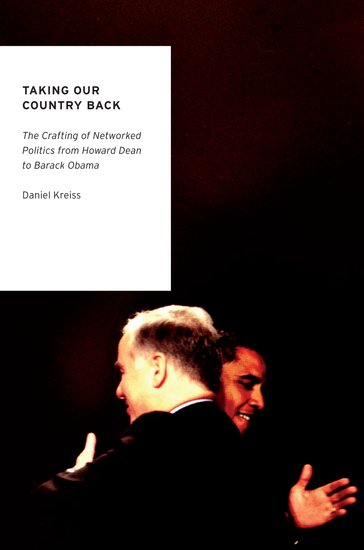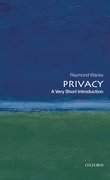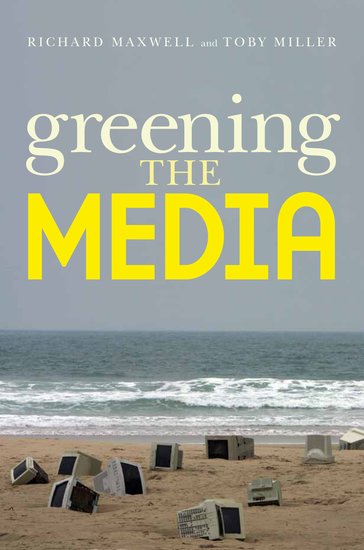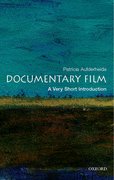Avast, ye file sharers! Is Internet piracy dead?
The Internet has two faces. For every exercised freedom of speech and shared idea, there’s an act of fraud, counterfeiting, and copyright infringement. How is the law – in particular the English legal system – attempting to stem the tide of the last problem – online infringement – and take pirates down?
















